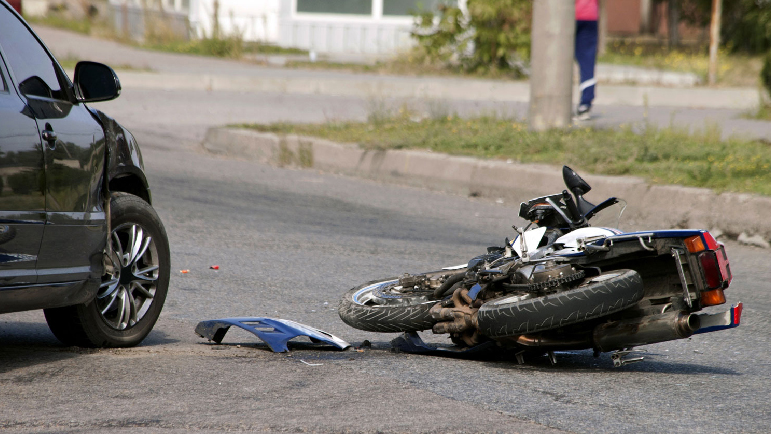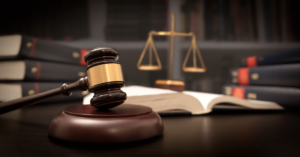Being in a motorcycle accident is unfortunately not as uncommon as you might think; in fact, according to the National Highway Traffic Safety Administration, in 2015 it was estimated that 88,000 motorcyclists were injured in non-fatal accidents alone. And while this is undoubtedly a very scary situation to be in, you can make a big difference in the long term outcome by taking the right steps just after you’re involved in motorcycle accident. For your physical safety and financial and legal well being, take the following steps we have provided below:
- Assess the safety of the situation and injuries
First and foremost, check yourself and anyone for injuries prior to making any decisions about your motorcycle; even if you don’t feel hurt right away and you may have remained conscious, there is always the possibility for internal injuries you may be unaware of. If you or anyone is need, call 9-1-1 right away, and don’t hesitate to call an ambulance if you are scared you might be held responsible for someone else’s injuries; always seek help when needed. - Safely move your motorcycle off the road
If and when it’s safe for you to move your motorcycle off the road, do so to prevent further damage and traffic hazards. If you must leave the scene prior to moving your bike, be sure to come back as soon as possible or have authorities or a tow truck move it, as you could be held responsible for any damages that come to other drivers as a result of your motorcycle being in the way of the road. - Take Pictures of your motorcycle and the scene
If it’s safe, try to take the pictures before moving your motorcycle, as it will provide the most accurate representation of the accident to investigators and insurance agents later on. Be sure to take photos from several different angles, photos of damage to any other property, and the general landscape of the immediate and surrounding areas to the site of the accident. - Contact your local police department if they aren’t already on the scene
If you didn’t need to call for an ambulance, you will still need to file a police report to have the incident documented with your local highway patrol. The police officer will need to take a statement from you and gather some relevant information and details of the event, all of which could potentially be very important for future financial and legal purposes.
Some of the information the police officer will try and gather, as well as information you need to have for your own records, includes the following:- Contact information of witnesses and anyone involved
- Vehicle information of involved vehicles/motorcycles (make and model of the vehicles, VIN’s of all involved vehicles, license plate numbers, insurance company information and contact numbers)
- The name and badge number of the officer, police report number
- Contact your insurance agency
After you have all the information and the police report has been filed, call your insurance agency right away and inform them of exactly what just happened. Remember to not admit fault or guilt to anyone including your insurance agent until after you have seen a doctor about any injuries you may have, as well as consult a personal injury attorney.
You might need to consult with a personal injury after being involved in a motorcycle accident even you aren’t at fault and haven’t attained any major injuries, as others involved could try and claim you were, your insurance agency wrongfully refuses to compensate you, etc. So whatever the reason or reasons may be, it’s always a smart idea to call a personal injury firm like those at Penny and Associates right after you have been in a motorcycle accident to make sure you end up physically and financially whole again.




